
rying to describe how trip planning “used to be” to anyone raised using smartphones, websites and social media is akin to explaining television sets that pulled in just seven major channels or rotary-dial telephones that only provided a modicum of privacy if your parents splurged on a 50-foot power cord so you could take it to another room.
And if you think that’s tough, just mention once-popular transistor radios, 8-track tapes, shag carpeting and disco music.

rying to describe how trip planning “used to be” to anyone raised using smartphones, websites and social media is akin to explaining television sets that pulled in just seven major channels or rotary-dial telephones that only provided a modicum of privacy if your parents splurged on a 50-foot power cord so you could take it to another room.
And if you think that’s tough, just mention once-popular transistor radios, 8-track tapes, shag carpeting and disco music.
Welcome to AdventureGenie.
The first “adventure planning tool” to take advantage of emerging AI in the travel sector, AdventureGenie was developed by a group of passionate RVers who, like many campers, simply became frustrated at the number of sources (and websites) typically needed to adequately plan an itinerary.
“My wife, Lisa, and I discovered RVing after I retired,” said AdventureGenie CEO Scott Lengel. “We were used to traveling around the world, but knew there was a big part of the U.S. we hadn’t explored. So, during Covid, we rented an RV and traveled to Nashville with friends of ours who were longtime RVers — and we fell in love with the lifestyle. But we hated everything connected to planning an RV trip. We didn’t know where to go, what to do or how to get there. I’d go to Google and research a six-week trip to the national parks of the Southwest and end up with a bunch of photography blogs, travel sites — even a link to Amtrak.
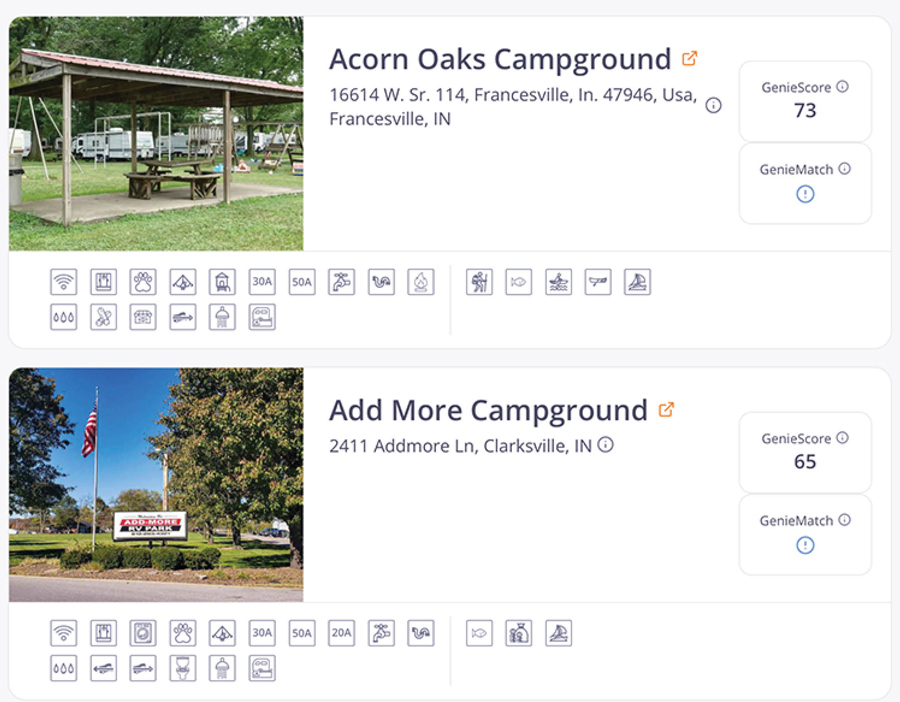
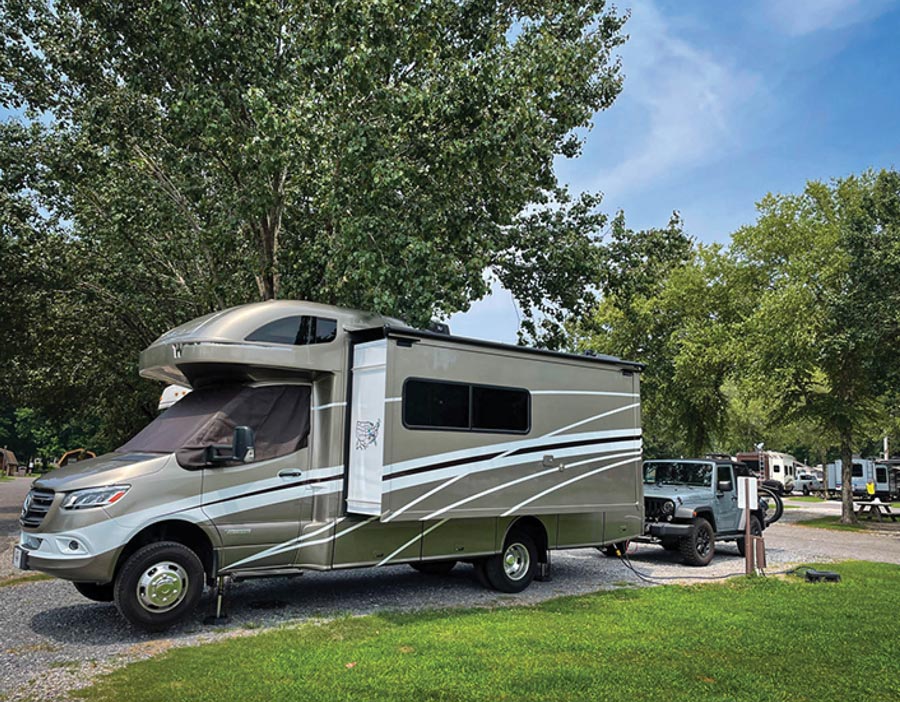
Unfortunately, there wasn’t — so Lengel and his partner, David Greenberg, assembled a team and created one. With deep experience in the Tech industry — including 22 years at Microsoft, where he held several senior roles including Chief Technical Officer for a worldwide division with thousands of employees — Lengel is well-versed in product development and architecting, designing and implementing software solutions.
To explain how the AdventureGenie system works, Lengel keyed on “GenieSummary,’ one component of the multi-faceted program (all of which play off the “Genie” moniker).
“When someone is researching a campground, they often go online and read every review they can find,” he said. “Through our software and artificial intelligence, our program gets through to the underlying sentiment — what are people thinking and seeing and feeling about a particular campground. AdventureGenie combs through all of this data and writes a concise summary of the park — the good, the bad, the ugly, while also taking into account how recent the information is.
“Essentially, the program reads and consumes what people are putting out on the Internet to look for that underlying sentiment. And it also looks for trends. If just one or two people have negative reviews of a location, it won’t pay much attention to it — but if it sees a lot of negative commentary on a particular campground, it will be included in the summary in a way that makes sense.”
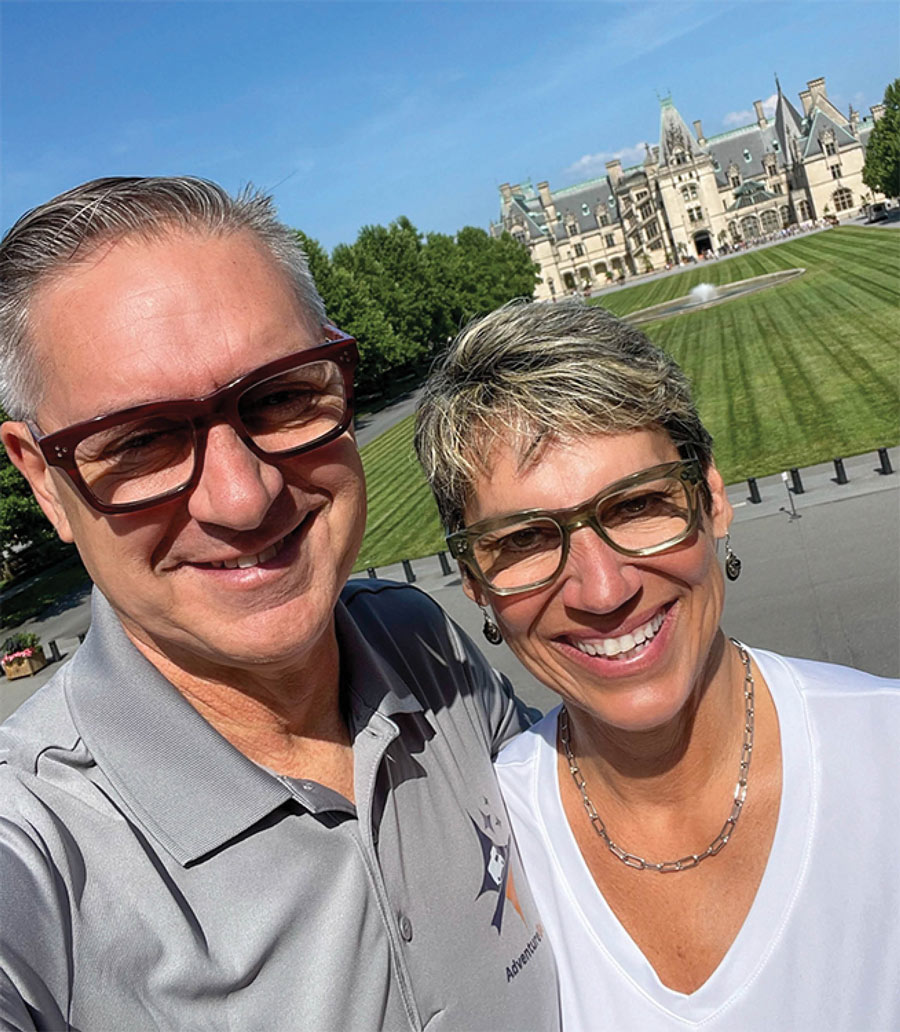
“With GenieScore, we can apply an independent rating (from 1 to 100) for each of the campgrounds we have information on using the exact same algorithms,” Lengel said. “But while GenieSummery and GenieScore provide unbiased information that’s the same for every user, GenieMatch then takes it further and — based upon not only the profile created by the user but how he or she has used the system — creates a very personalized summary indicating the percentage likelihood that it will be a good match for them.
“For example, AdventureGenie ‘knows’ how far a user likes to drive daily, whether they want a rustic site or luxury resort, if you need water and sewer and 50-amp service, and then makes recommendations for particular campgrounds on your route,” Lengel added. “It’s almost like having a personal concierge, making very specific recommendations just for that person.”
Other components of the program — GenieStops, GenieJourney and GenieWishes — are focused on the trip itself.
“The system will curate trips based upon a user’s likes and dislikes,” said Lengel. “For example, if a person wants to take a two-week trip along the Florida coast and visit beach towns, it will develop an itinerary. And if they noted that during that trip a desire to sightsee or shop at outlet malls or eat at a Mexican restaurant, it will make recommendations. The combination of all that is handled by GenieJourney at the trip level, while GenieWishes deals with things to do at each stop. And everything is detailed on a map, with recommendations on where and how long to stay at each location.

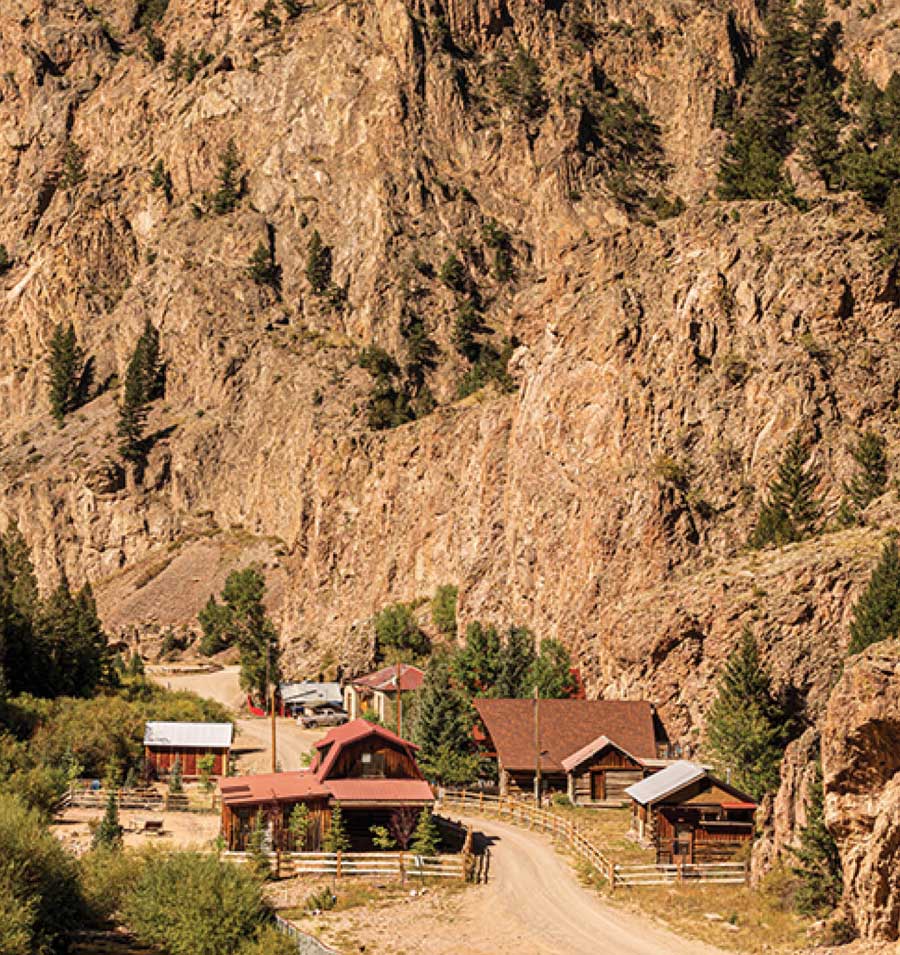
One thing AdventureGenie can’t do is allow the user to make reservations directly in the program — but there’s a reason for that.
“Some campgrounds aren’t as technically savvy as others,” said Lengel. “Some don’t have an online reservation system — heck, some may not have much of an online presence at all. If we were to restrict ourselves to only those with such capabilities, we’d lose out on a lot of interesting places. So we bring a user directly to the park’s website, where they can make reservations.
“In the future, we very well may be adding capabilities for real-time availability and reservations — it’s an aspiration for us. We are constantly adding features — literally every two weeks we’re adding new capabilities and new features. We take user feedback into account very, very seriously and we’re very responsive to our users’ needs and wants and wishes. We’ve made many changes directly in response to the feedback from our users.”
As Lengel noted, the wealth of the information presented by AdventureGenie also makes it more user-friendly when viewed on either a notebook, tablet or desktop computer screen.
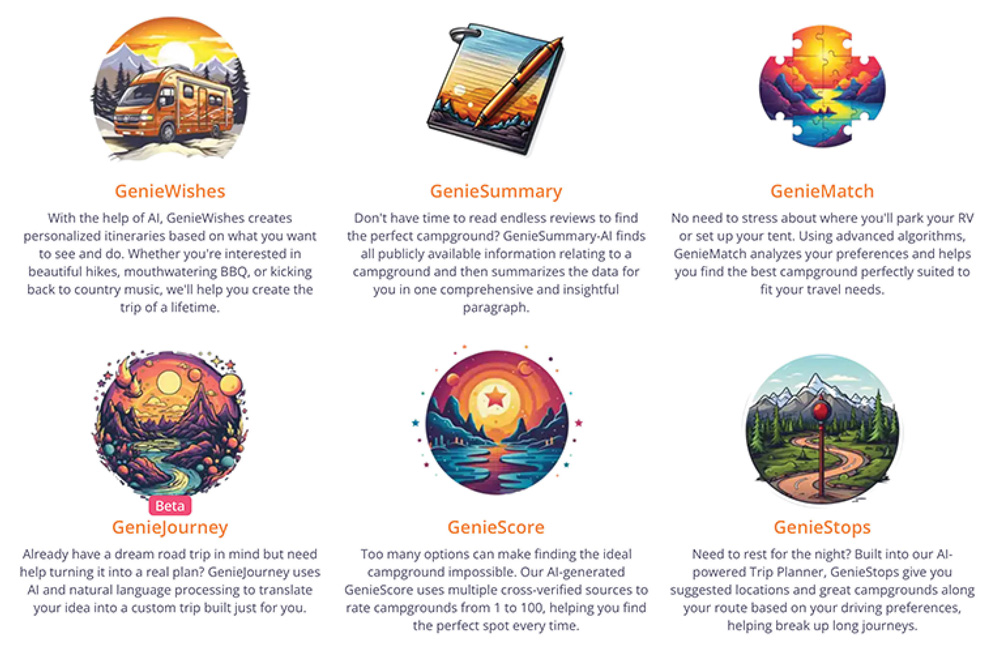
“Having said that, we’re working on software updates that will make the experience on a smartphone more robust and more user-friendly. Our intent is to create a browser-based website that works so well on a phone that an app is just unnecessary. And we’re getting there.”
Introduced in May, AdventureGenie (adventuregenie.com) has already acquired a wide audience of enthusiastic users, for both its free and paid versions. Several of its components — including GenieSummary and GenieTrip — are available for free with the Basic Plan, while the most customizable features are included with the fee-based Pro Plan membership. At present, AdventureGenie is offering the entire spectrum of services for just $49.99 annually, a 50% savings off its usual $99 price. Anyone signing up for the complete package can also take it for a “test ride” with a 7-day free trial.
“We’re aiming to be the ‘all in one’ software-based trip planner for RVers and campers,” said Lengel. “My wife, Lisa, and I are avid RVers. We’ve used other tools in the past that seem a little bit more rigid and less flexible. Our promise is to constantly update our software with new capabilities and features to make it even easier for our users.”
A top trip-planning app, The Dyrt (thedyrt.com) offers locations of more than 5,000 free camping spots, 50,000+ campgrounds and offline maps, 19,000 overnight parking spots and dump station locations and more. A programmed “Dyrt Alert” finds cancelled reservations at sold-out campgrounds, and the paid version also provides up to a 40% discount on site fees. Available for Android and Apple.
Harvest Hosts
If the thought of overnighting at a Cracker Barrel parking lot during your trip leaves you wanting, consider Harvest Hosts (harvesthosts.com). Designed for boondockers, the app/website provides information on more than 4,700 unique locations travelers can stop at — from farms and wineries to breweries and unusual attractions. And, you can upgrade to include more than 400 golf courses. And, the same company now owns Boondockers Welcome (boondockerswelcome.com), which is a similar program but is designed around 3,300+ partners offering overnight stays on personal property. Available for Android and Apple.
Roadpass Digital
Formerly known as Togo Group, Roadpass (roadpass.com) incorporates a number of desirable apps, including Roadtrippers, said to be the No. 1 road trip-planning tool; Campendium (a camping app that lets travelers find campsites vetted by its camper community); and Togo RV, which offers RV-specific GPS navigation, access to free boondocking locations, service and maintenance schedule tracking and a mobile repair locator. Added Roadpass University last fall, a library of online courses focusing on RV ownership and maintenance.
Said to be built expressly for RVers, CoPilot (copilotgps.com/en-us/rv-navigation/) offers RV-specific routing, dependable offline navigation and smart trip planning. An annual $29.99 fee gets you everything from trip planning and alternative routes to voice guidance, turn-by-turn instructions and route navigation based upon the RV’s weight and height. Can plan a trip with up to 50 stops. Available for both Android and Apple.
ALLSTAYS
This family of mobile apps (allstays.com/apps/) includes Camp & Tent, Rest Stops Plus and RV Dumps (yes, an app just for disgorging holding tanks). For RVers, easily the most popular is Camp & RV, considered one of the best RV trip planners. It offers more than 60,000 points of interest, including 37,000+ North American campgrounds, plus parking lots, rest stops, dump stations and related RV services. Only available for Apple iOS.
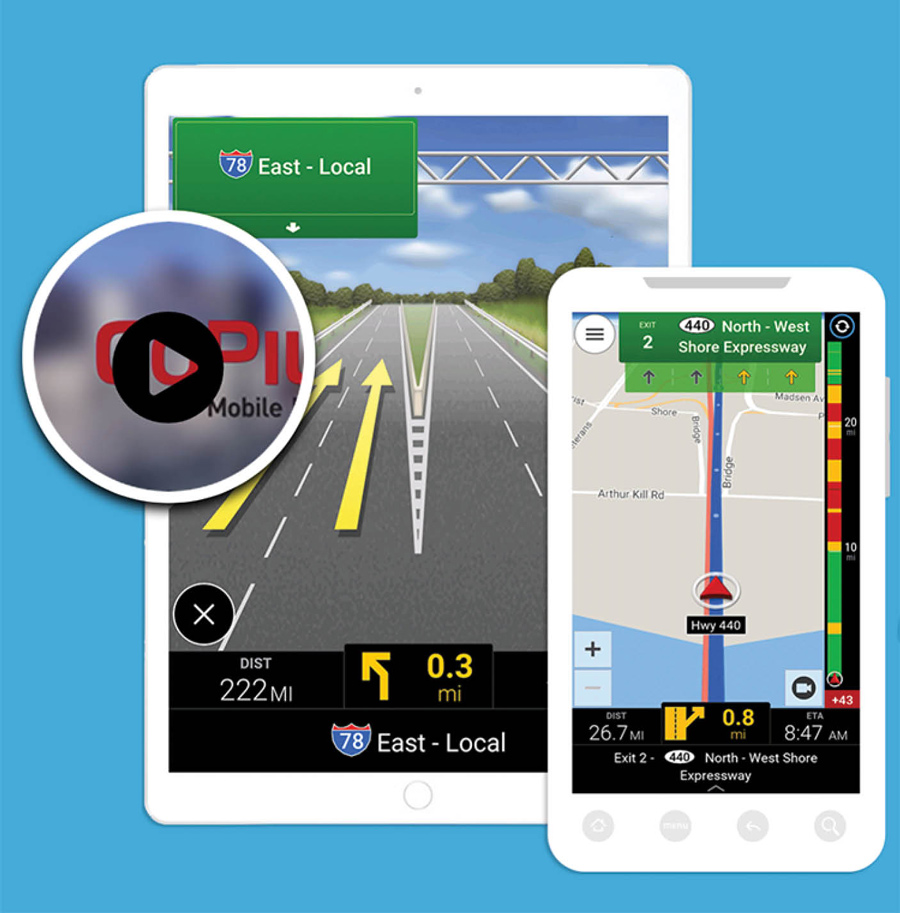

Said to be built expressly for RVers, CoPilot (copilotgps.com/en-us/rv-navigation/) offers RV-specific routing, dependable offline navigation and smart trip planning. An annual $29.99 fee gets you everything from trip planning and alternative routes to voice guidance, turn-by-turn instructions and route navigation based upon the RV’s weight and height. Can plan a trip with up to 50 stops. Available for both Android and Apple.
ALLSTAYS
This family of mobile apps (allstays.com/apps/) includes Camp & Tent, Rest Stops Plus and RV Dumps (yes, an app just for disgorging holding tanks). For RVers, easily the most popular is Camp & RV, considered one of the best RV trip planners. It offers more than 60,000 points of interest, including 37,000+ North American campgrounds, plus parking lots, rest stops, dump stations and related RV services. Only available for Apple iOS.
It doesn’t matter what you drive, it will need fuel. GasBuddy (gasbuddy.com/app) has been offering reports on where to locate the cheapest fuel along your route for more than 20 years. It also includes a trip cost calculator (based on fuel) and a card offering per-gallon discounts at most fuel stations around the U.S. Available for Android and Apple.

